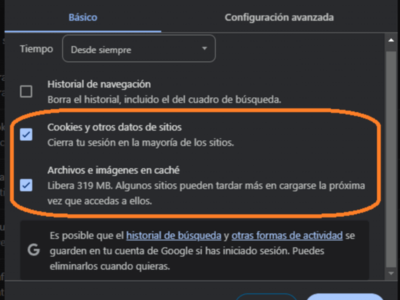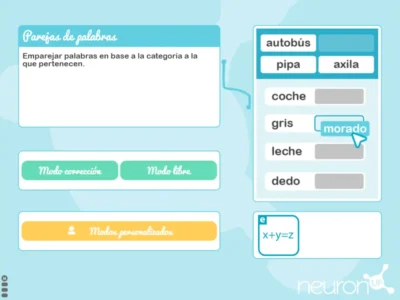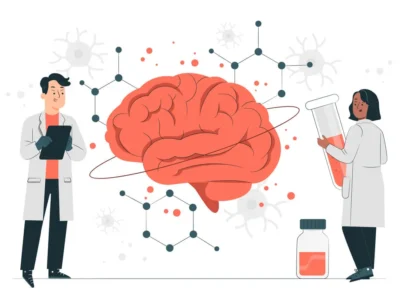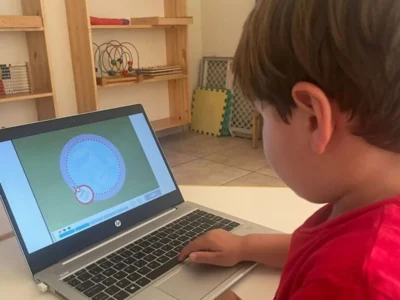What happens if the world changes today and you must find new ways to offer your professional services?
In this article, neuropsychologist Andreia Geraldo brings us a Portuguese study on the changes that COVID-19 brought to neuropsychology services and, specifically, how people with neurological disorders faced the process of remote neuropsychological rehabilitation.
COVID-19 and the associated measures opened an unprecedented scenario for the development of the use of new digital technologies in the delivery of neuropsychological services. In fact, although new digital technologies were widely used before COVID-19 (Dores et al., 2016; Simons et al., 2016), the provision of remote neuropsychological services was still limited before the start of the pandemic (Marra et al., 2020).
However, this unexpected change brought major challenges for both professionals and people in rehabilitation.
The professionals’ perspective
In the case of mental health professionals, these challenges had already been explored and the lack of necessary training and the limited financial and technological resources were the most reported (Mendes-Santos et al., 2020).
Patients’ perspective
This was not the case for patients with neurological disorders, who had to experience an unexpected shift from in-person rehabilitation to remote neuropsychological rehabilitation.
A Portuguese rehabilitation center used NeuronUP2GO (NeuronUP home sessions) to continue providing cognitive rehabilitation during the first period of COVID-19 lockdown in Portugal.
Study on the process of remote neuropsychological rehabilitation
Professionals from the University of Porto, the Porto Polytechnic Institute and the Catholic University of Portugal conducted a study to explore the perspective of patients who were in a rehabilitation program before COVID-19.
Objectives
The primary objective of this study was to explore the perceptions that patients with neurological disorders have about remote online neuropsychological rehabilitation, specifically during the COVID-19 pandemic.
Specifically, we aimed to explore the advantages and disadvantages that patients identify in the use of NeuronUP2GO, and their suggestions to improve the rehabilitation process and the platform, also considering their prior knowledge of other rehabilitation platforms.
The broader purpose of this study was to inform about the perspectives and suggestions of patients with neurological disorders regarding remote neuropsychological rehabilitation, so that the integration of those perspectives could improve the services provided.
Methods
The study on the process of remote neuropsychological rehabilitation was approved by the Ethics Committee of the School of Health of the Porto Polytechnic Institute (Approval number: CE0015A).
16 patients with acquired neurological conditions who were attending an online neuropsychological rehabilitation program at a Portuguese rehabilitation center completed an online questionnaire during the mandatory lockdown.
The mean age was 44.63 years (SD = 12.19; Min = 18; Max = 63), and all participants had at least four years of formal education (M = 11.38; SD = 4.23; Min = 4; Max = 17).
Regarding patients’ clinical conditions, stroke (n = 4) and brain tumors (n = 4) were the most frequent pathologies. Other clinical conditions were traumatic brain injury (n = 1), multiple sclerosis (n = 1), fibromyalgia (n = 1), meningitis (n = 1), herpetic meningoencephalitis (n = 1), cerebral arteriovenous malformation (n = 1) and paramyloidosis (n = 1). One patient did not specify their diagnosis.
The time elapsed since clinical diagnosis ranged between nine and 204 months (M = 54.88; SD = 50.79).
An online questionnaire was developed specifically for this study and a pilot test was conducted to evaluate its level of comprehension, with good results. The instrument consisted of 24 questions about participants’ demographic and clinical characteristics (for example, age, clinical diagnosis), characteristics of the online platform used (for example, visual appearance, motivational nature of the tasks), and information related to the neurorehabilitation process.
Study results
The main results of this study showed that participants were satisfied with this process, as they considered the number and duration of the rehabilitation sessions appropriate and the outcomes of this process similar to those of in-person treatment.
The reported experience was quite positive, with the majority of participants stating that they had no difficulty using the platform independently. They rated its navigation system as quite intuitive, considering the visual appearance very attractive and the tasks highly motivating.
In addition, the relationship with the mental health professional was not affected by the physical distance imposed by the mitigation measures.
Advantages and disadvantages
The advantages of using this platform during the COVID-19 lockdown were mentioned, the most frequently cited being the possibility of maintaining rehabilitation sessions during the pandemic. Geographic and scheduling flexibility and the platform’s usability were also mentioned.
The main disadvantage mentioned was the lack of synchronous contact with the neuropsychologist.

Suggestions
Suggestions to improve remote cognitive rehabilitation processes were explored, among which increasing synchronous online group activities and synchronous contact with the neuropsychologist emerged.
Full study
The full study contains more contributions from people with neurological disorders on how to improve remote neuropsychological rehabilitation processes, as well as the advantages and disadvantages of this process and of using the NeuronUP platform.
As far as we know, this is the first study in Portugal that analyzes patients’ perspectives in rehabilitation regarding remote cognitive rehabilitation, and the results highlight its potential!
References:
- Dores, A. R., Barbosa, F., Guerreiro, S., Almeida, I., & Carvalho, I. P. (2016). Computer-based neuropsychological rehabilitation. In M. M. Cruz-Cunha, I. M. Miranda, R. Martinho, & R. Rijo (Eds.), Encyclopedia of E-health and telemedicine (pp. 473–485). Medical Information Science Reference.
- Geraldo, A., Dores, A.R., Carvalho, I.P., Guerreiro, S., Castro-Caldas, A., & Barbosa, F. (2022). At-distance neurocognitive rehabilitation during COVID-19 pandemic: a first glance of patients’ perspectives about the process and an online platform. Applied Neuropsychology: Adult.
- Marra, D., Hoelzle, J., Davis, J., & Schwartz, E. (2020). Initial changes in neuropsychologists clinical practice during the COVID-19 pandemic: A survey study. The Clinical Neuropsychologist, 34(7-8), 1251–1266.
- Mendes-Santos, C., Weiderpass, E., Santana, R., & Andersson, G. (2020). Portuguese psychologists’ attitudes towards internet interventions: An exploratory cross-sectional study. JMIR Mental Health, 7(4), e16817.
- Simons, D., Boot, W., Charness, N., Gathercole, S., Chabris, C., Hambrick, D., & Stine-Morrow, E. (2016). Do “brain-training” programs work? Psychological Science in the Public Interest, 17(3), 103–186.
If you liked this article about remote neuropsychological rehabilitation, you may also be interested in:
“This article has been translated. Link to the original article in Spanish:”
Estudio sobre la rehabilitación neuropsicológica a distancia







 Presentation on the Neuropsychology of Intellectual Disability
Presentation on the Neuropsychology of Intellectual Disability
Leave a Reply